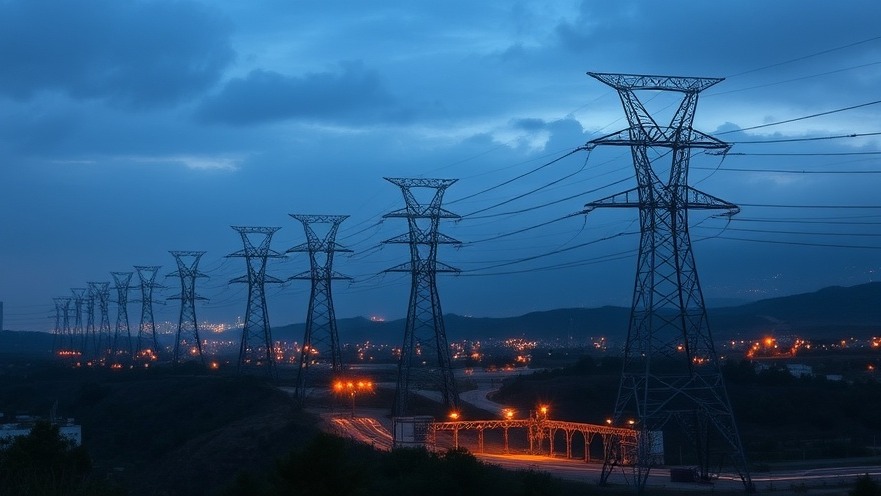
Trump's Rollback on Pollution Rules: A New Era for Texas Energy
In a significant policy shift, former President Donald Trump has made it easier for power plants and chemical companies in Texas to bypass stringent pollution regulations. This decision has sparked debate among environmentalists and energy sector advocates, indicating a wider trend that could reshape the landscape of Texas's energy production.
The Mercury and Air Toxics Standards (MATS) Impact
One of Trump's notable shifts involved the Mercury and Air Toxics Standards, which regulated the emission of harmful pollutants from coal and oil plants. By rolling back these standards, experts suggest that energy companies, particularly coal power plants, could enjoy increased profitability while causing a potential rise in harmful air pollution.
Environmental Concerns: Balancing Benefits and Risks
While proponents of the rollback argue that the measure boosts economic growth by providing fewer regulatory barriers for businesses, critics raise concerns about public health. Increased emissions could exacerbate health issues among vulnerable populations in Texas, particularly in already polluted areas. The debate centers around whether short-term economic benefits outweigh long-term health and environmental risks.
Reflections on Texas's Energy Transition
The state of Texas, known for its pivotal role in the energy sector, is witnessing a unique transformation. The decision to ease pollution controls coincides with a growing push for renewable energy sources. Many Texas energy companies are investing in clean technologies, even as the regulatory environment grows more lenient for fossil fuels. This creates a complex landscape where traditional energy producers must navigate both opportunities and challenges.
A Look at Future Energy Trends in Texas
Looking ahead, Texas may face a dichotomy between traditional and renewable energy sectors. As the state continues to expand its renewable energy capacity, largely driven by wind and solar, there may be momentum from both ends to create a more balanced energy portfolio. This balance will be essential in addressing environmental concerns while promoting economic growth.
Public Response and Legislative Impacts
The implications of these regulatory changes could resonate deeply in Texas politics as communities grapple with their effects on local air quality and public health. Legislative responses may include renewed discussion about environmental policies, emphasizing the tension between industrial growth and community welfare. With key elections approaching, voters may increasingly prioritize environmental issues.
Conclusion: A Call for Awareness and Engagement
As Texas navigates this pivotal moment in its energy journey, it’s crucial for Texans to stay informed about how these changes affect their health, environment, and economy. Engaging in local discussions and advocating for balanced policies can shape a future that prioritizes both economic vitality and public health.
 Add Element
Add Element  Add Row
Add Row 



Write A Comment